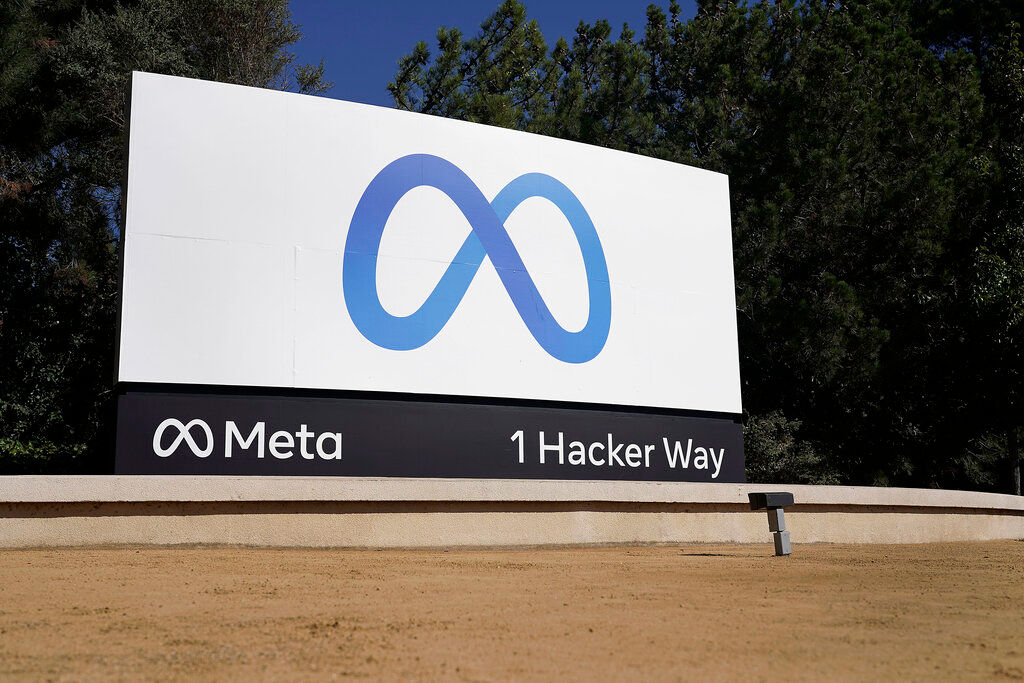Meta Platforms, the parent company of Facebook recently made the decision to raise $10 billion, putting up bond offerings for investors to choose from. It has successfully done so, selling in four parts. The longest portion was a 40-year-long offering which will yield 1.65 percentage points above US Treasuries yields.
The move from the social media giant is an unusual one, although not entirely suspect. Amongst the behemoths in Silicon Valley, Meta has managed to keep debt off its books.
Earlier this week, Apple and Intel also issued bonds, raising $5.5 billion and $6 billion respectively. Despite a rout in the corporate bond markets earlier this year, investors are piling back in as the US Federal Reserve has hiked interest rates again. Meta is looking to taking advantage of this renewed interest.
Part of the rationale behind issuing bond offerings is because the company has a series of expensive initiatives that it is working on. CEO of Meta, Mark Zuckerberg has been pushing the company harder than ever to make inroads into the metaverse, virtual reality and a renewed push for short-form video. It has already transitioned portions of its Facebook offerings to align with Zuckerberg’s metaverse plans.
The company has been working on a mixed virtual reality headset nicknamed “Project Cambria”. It is rumoured to be out sometime this year. Meta has been working on the tech in the hopes that it will be able to beat a similar initiative that is being worked on at Apple.
But projects like this require money, which Meta has been struggling with in the past few months. Its cash pile is depleting, according to Reuters which spoke to sources within the company. After all, the company reported its first ever fall in quarterly revenue.
The Chinese app TikTok has seen a meteoric rise in active users and put Meta into a frenzy as it claws desparately to stay on top. So much so that the company has dedicated considerable resources to changing the way Facebook and Instagram work. Meta has been pushing to capitalise on short-form video content by making use of machine learning and artificial intelligence to create algorithms that direct users to content that it can monetize.





